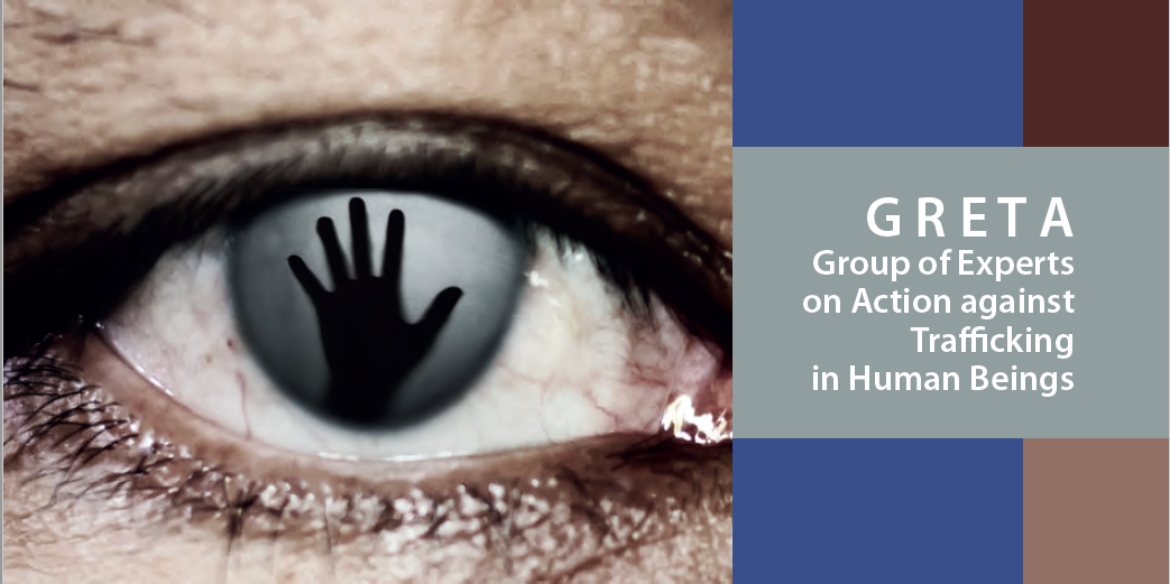The number of people across Europe identified as being victims of human trafficking rose by almost half between 2015 and 2018, according to the latest annual report from the Council of Europe’s Group of Experts on Action against Trafficking in Human Beings (GRETA).
According to information provided by the authorities in the 47 countries bound by the Council of Europe’s Anti-trafficking Convention, 15,310 people were identified as victims of human trafficking in 2018, compared to 10,598 identified victims in 2015.
“Different countries count victims of human trafficking in different ways, but the available data suggest there has been a considerable increase in the number of people identified as victims of this horrendous crime,” said GRETA President Davor Derenčinović.
“The hidden nature of human trafficking and the fact that we have found problems with the identification process in many countries suggest that the real number of victims may actually be much higher. It is crucial that the relevant authorities step up their efforts to tackle human trafficking and to provide the assistance and support that victims are legally entitled to.”
Today’s report reviews the implementation of the Council of Europe Convention on Action against Trafficking in Human Beings (CETS n° 197) by the countries concerned, 10 years after the Convention’s entry into force, on the basis of the second evaluation round reports drawn up by GRETA.
The report highlights the identification of child victims of trafficking and the assistance measures which are provided to child victims as the two biggest gaps in the implementation of the Convention.
Victim assistance measures more generally and the failure to provide an adequate recovery and reflection period to victims are also underlined as widespread problems, in addition to shortcomings in the identification of victims of trafficking for all forms of exploitation, and obstacles preventing victims obtaining compensation.
The report also shows that the punishment of traffickers remains unsatisfactory. The number of prosecutions and convictions is still low in many countries, and the sentences imposed are sometimes not sufficiently dissuasive. Furthermore, the confiscation of traffickers’ assets remains all too rare.
Nevertheless, GRETA has observed certain improvements in the implementation of the Convention. For example, there has been an increase in the number of countries with specific legal provisions allowing the non-punishment of victims for unlawful acts committed as a result of being trafficked.
There has also been an increase in the number of countries which criminalise the use of services of victims of trafficking by people who know that they have been trafficked.
Alongside the annual report, GRETA has published a statement on the dangers of the coronavirus pandemic in relation to human trafficking.
The statement draws attention to the particular difficulties experienced by trafficking victims, including the risk of homelessness, the reduction in support services provided by anti-trafficking NGOs, and the danger that invisible victims could be subjected to re-trafficking.
GRETA reminds leaders of their legal and moral obligation not to cut corners on the rights and protection of the most vulnerable during the crisis, which include victims of human trafficking, and to make sure that the thousands of women, men and children who are victims of trafficking, while being out of sight, do not slip out of mind.




